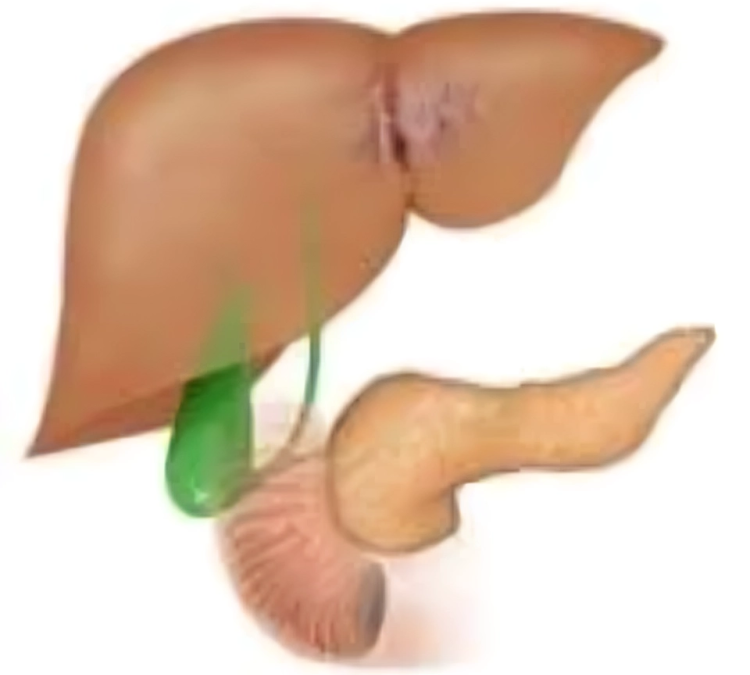Understanding Hepatobiliary Cancer Causes Symptoms and Treatment Options
Hepatobiliary cancer refers to malignancies that originate in the liver, bile ducts, and gallbladder. These cancers are a diverse group, with distinct characteristics and treatment approaches. Understanding hepatobiliary cancer is crucial for early detection, effective management, and improved outcomes. This article provides an overview of hepatobiliary cancer, exploring its causes, symptoms, and available treatment options.
Causes of Hepatobiliary Cancer
- Chronic Liver Diseases: Conditions such as cirrhosis, often resulting from chronic alcohol abuse, viral hepatitis (B and C), or non-alcoholic fatty liver disease (NAFLD), can increase the risk of hepatocellular carcinoma (HCC), the most common type of liver cancer.
- Biliary Tract Disorders: Inflammation of the bile ducts, known as primary sclerosing cholangitis (PSC), and other biliary tract diseases can contribute to the development of bile duct cancer, also known as cholangiocarcinoma.
- Genetic Factors: Some individuals may have an increased predisposition to hepatobiliary cancer due to genetic factors. Hereditary hemochromatosis, alpha-1 antitrypsin deficiency, and certain inherited liver diseases may elevate the risk.
- Environmental Factors: Exposure to certain environmental toxins, such as aflatoxins (produced by molds on peanuts and grains), may increase the risk of liver cancer.
Symptoms of Hepatobiliary Cancer
The symptoms of hepatobiliary cancer can vary depending on the specific type and stage of the cancer. Common signs include:
- Jaundice: Yellowing of the skin and eyes due to the accumulation of bilirubin, a pigment produced by the liver.
- Unexplained Weight Loss: Rapid and unintentional weight loss can be a symptom of advanced hepatobiliary cancer.
- Abdominal Pain: Discomfort or pain in the upper abdomen may occur as the tumor grows.
- Changes in Bowel Habits: Changes in bowel habits, pale-colored stools, and dark urine can indicate problems with the bile ducts.
- Fatigue: Persistent fatigue and weakness may be experienced as cancer progresses.
Treatment Options
- Surgery: Surgical intervention is often the primary treatment for hepatobiliary cancers. Liver resection, liver transplantation, and surgical removal of bile duct tumors are common procedures.
- Chemotherapy: Chemotherapy may be used to shrink tumors before surgery, treat advanced cancers, or control the spread of the disease.
- Radiation Therapy: Targeted radiation can be used to destroy cancer cells or alleviate symptoms in certain cases.
- Targeted Therapies: Medications that target specific molecules involved in cancer growth may be prescribed to inhibit tumor progression.
- Immunotherapy: This emerging treatment approach stimulates the body’s immune system to recognize and attack cancer cells.
Conclusion:
Early detection and a comprehensive understanding of hepatobiliary cancer are crucial for improving patient outcomes. Regular screenings for individuals at high risk, such as those with chronic liver diseases or a family history of hepatobiliary cancer, are essential. As research advances, new treatment modalities and targeted therapies continue to emerge, offering hope for more effective and personalized management of hepatobiliary cancers. Education, awareness, and collaboration between healthcare professionals and patients are key in the fight against these challenging diseases.
